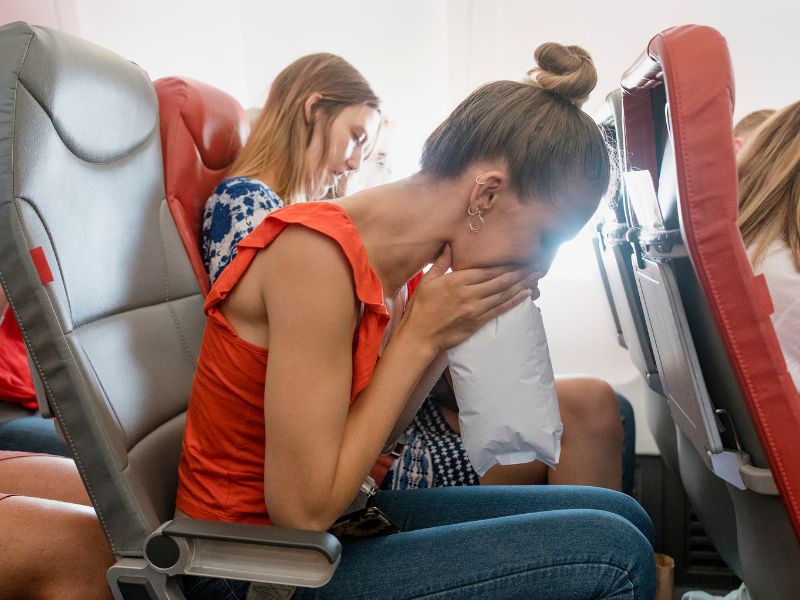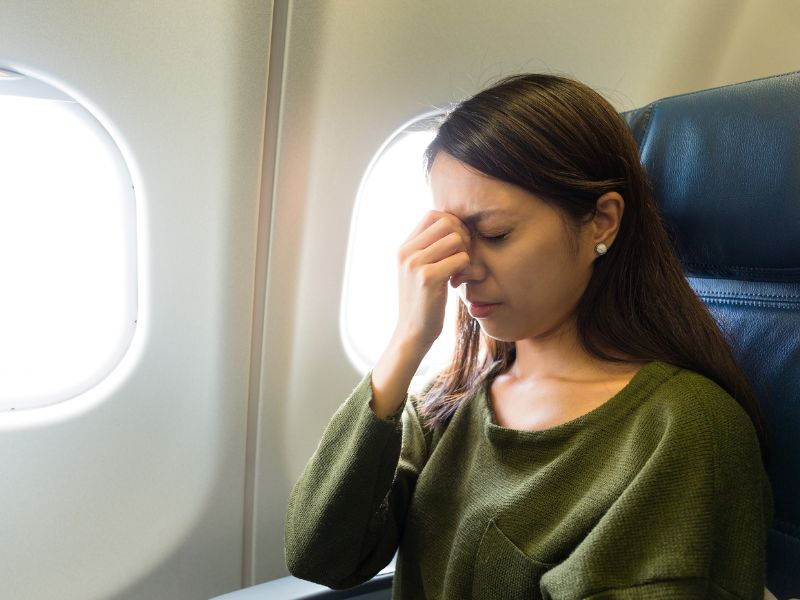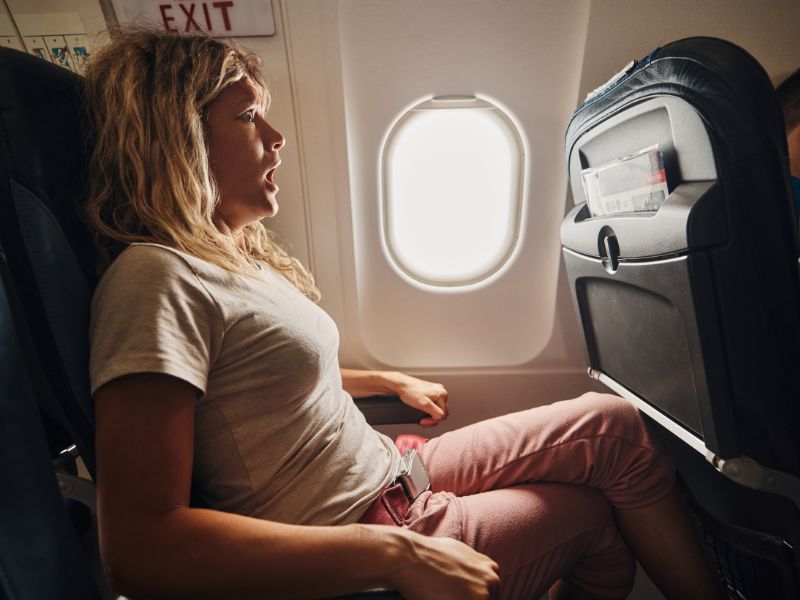Hodophobia, often called the fear of travel, can be a significant obstacle for those who dream of exploring new places, cultures, and experiences. This anxiety can stem from various sources, including fear of flying, concerns about unfamiliar environments, or even apprehension about leaving the comfort of one’s home. However, it’s essential to understand that hodophobia is a common phobia, and it is possible to overcome it with the right strategies and support.

Canva. com
Understanding Hodophobia
Hodophobia is more than just a reluctance to travel; it’s a genuine anxiety disorder that can lead to physical and emotional distress. This phobia can manifest in different ways, such as panic attacks, nausea, and a general dread of embarking on a journey. It can significantly limit one’s quality of life, as it may hinder career opportunities, strain personal relationships, and deprive individuals of enriching experiences.
Identifying Triggers
Recognizing the specific triggers exacerbating hodophobia is a crucial first step in managing this fear. For some, it might be the idea of being confined during a flight, while for others, it could be the prospect of navigating unfamiliar places. By pinpointing these triggers, individuals can begin to devise targeted coping mechanisms.
Seeking Professional Help
Seeking guidance from a mental health professional, such as a therapist or counselor, can be immensely beneficial in addressing hodophobia. These experts can offer tailored strategies, including cognitive-behavioral techniques and exposure therapy, to gradually desensitize individuals to the source of their fear. Additionally, they can provide emotional support and a safe space for discussing concerns.

Canva. com
Gradual Exposure
Gradual exposure to travel-related situations can help desensitize individuals to their fears. It could involve taking short, manageable trips or visiting an airport to acclimate to the environment. Celebrating small victories along the way can build confidence and gradually reduce anxiety.
Developing Coping Strategies
Equipping oneself with a toolkit of coping strategies can make a significant difference. Deep breathing exercises, mindfulness meditation, and positive visualization can help calm anxious thoughts. Additionally, having a support system of understanding friends or family members can provide a source of encouragement.
